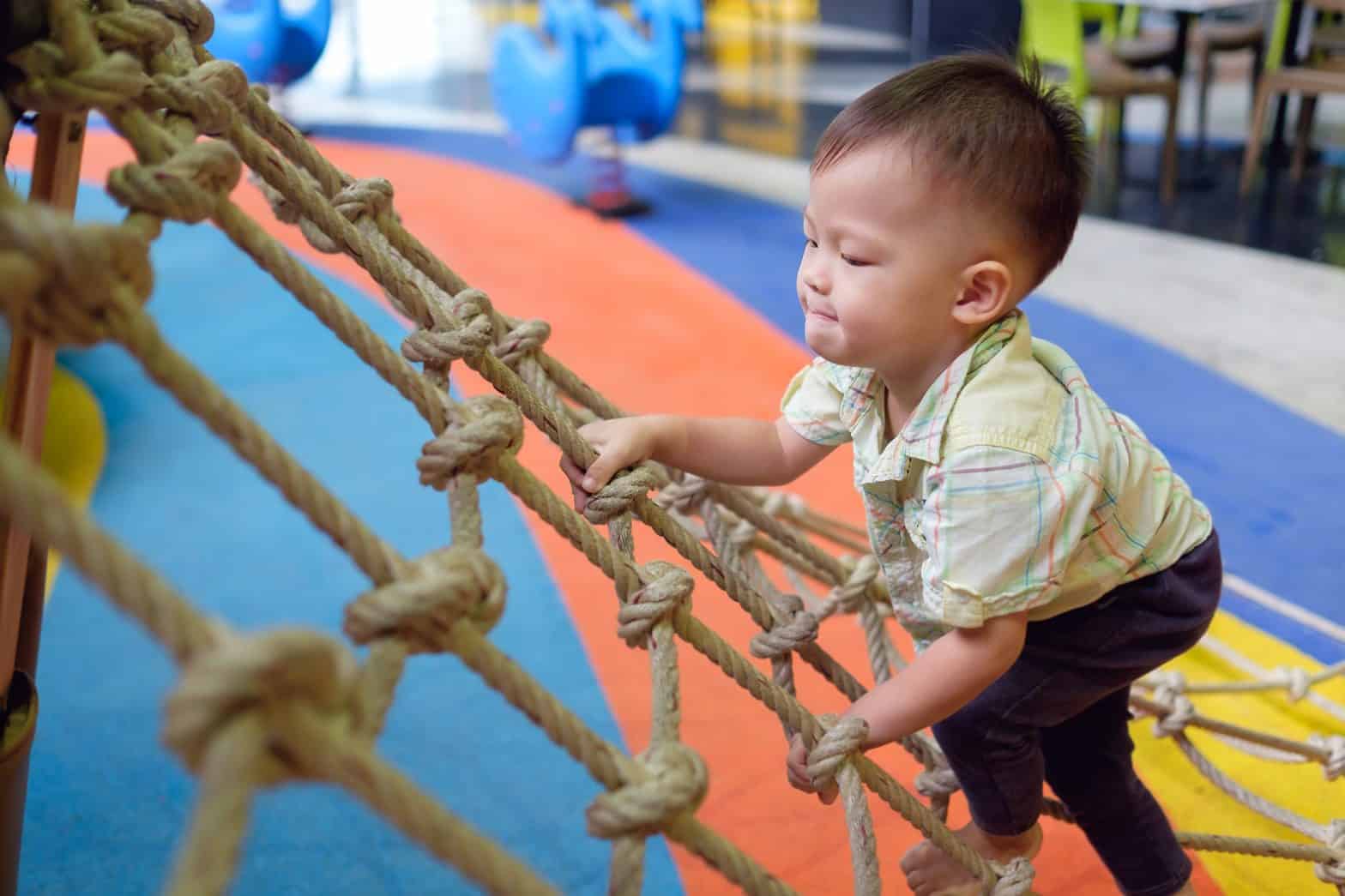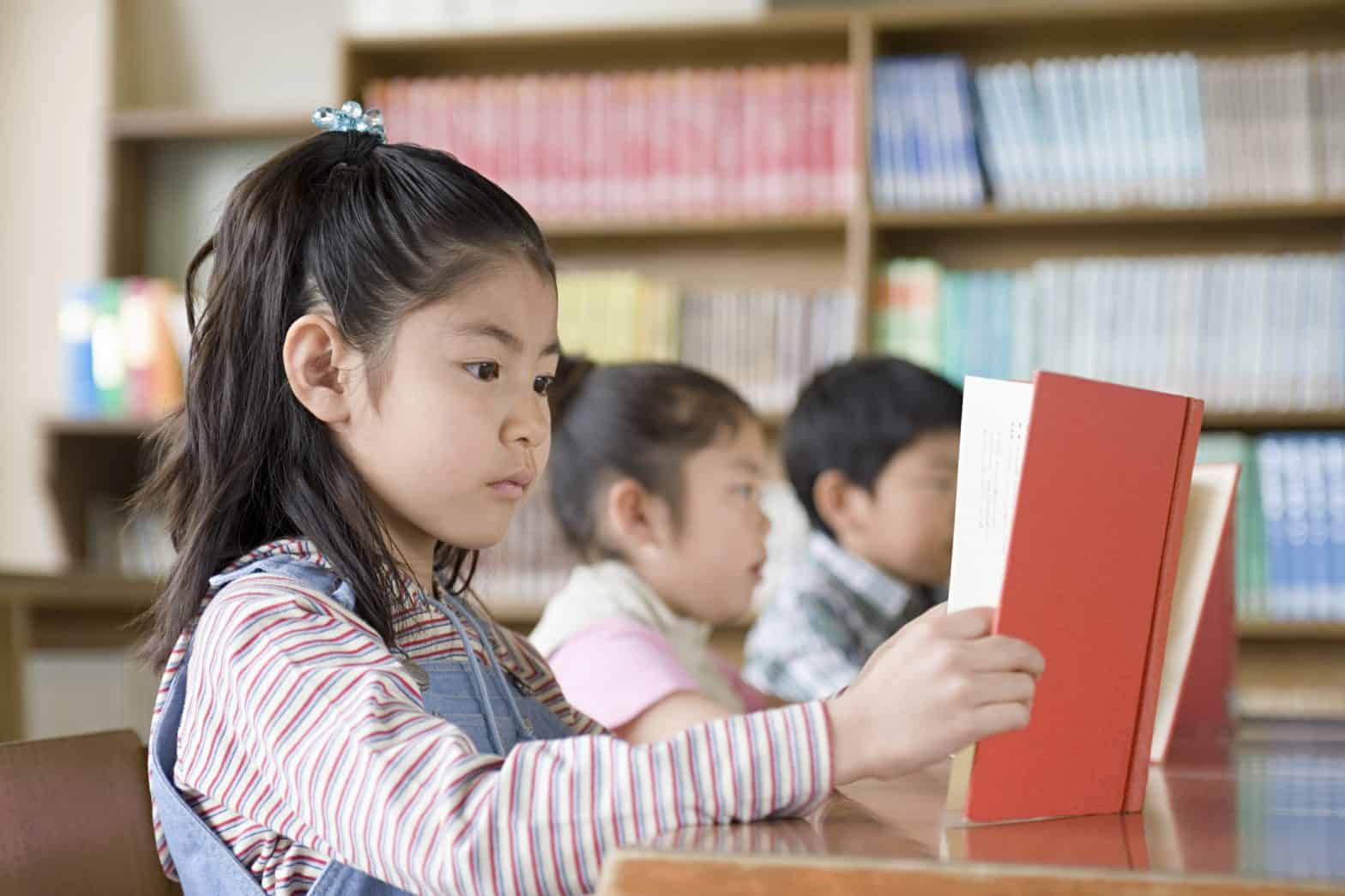
Guide Series: Preschoolers starting primary 1

This guide provides comprehensive Information on Preschoolers starting Primary 1.
Tuition Centre vs Private Tuition: Which Is Right For Your Child?
- Written By Juliana
- Updated on
Content > Blogs > Primary School > Tuition Centre vs Private Tuition: Which Is Right For Your Child?
Articles In this Guide
If you’re torn between Tuition centre (group tuition) and private tuition to support your child’s education, you’re not alone in this dilemma. Many parents grapple with this decision, and it can be a bit perplexing.
In this comprehensive comparison, we’ll examine both private and group tuition and their pros and cons. We aim to provide valuable insights to help you make an informed choice based on your child’s learning style, goals, and educational journey.
Let’s explore the good and not-so-good factors of finding the perfect fit for your child’s educational path.
Pros and Cons of Tuition Centre or Group Tuition
Group tuition takes place in a setting that’s quite similar to a regular classroom. Classes are usually kept within 6-10 students, with some tuition centres opening classes for up to 15 students. It suits kids who can learn effectively in a social classroom environment without needing highly personalised attention, can keep up with the pace of the class, enjoy peer interactions, and are comfortable seeking help during breaks or after sessions.
Group tuition works best for higher levels and subjects that need discussions like GP, Econ, etc.
Let’s look at some of the good things about group tuition:
1- Structured Schedule
Tuition centres offer a structured schedule, with classes on specific days and times. Many centres have curriculum design teams with experts, some now using AI for personalised learning experiences. It is common for tuition centres to conduct mock exams for practice. Students can also attend free extra lessons and watch recorded sessions to clarify doubts and understand challenging concepts, enhancing their learning experience.
2- Getting Inspired by Peers
Witnessing peers overcome academic challenges boosts motivation and increases confidence, fostering a positive attitude towards education. Group tuition fosters meaningful friendships that provide crucial emotional support in the challenging school environment, enhancing mental and emotional well-being and reducing stress.
3- Learning Together
In group tuition, interaction with peers offers more than just friendship; it’s a valuable learning experience. It involves discussions, teamwork, and exposure to diverse ideas, enriching their understanding of subjects. Through activities like brainstorming and problem-solving, they learn effective collaboration, leading to a deeper exploration of subjects and gaining broader perspectives from their fellow students.
4- Budget-Friendly
Tuition centres offer different price options, so you can easily find one that fits your budget. This makes it a top choice for both parents and students because it provides quality help without breaking the bank.
And now for the disadvantages of group tuition:
1- Little Individual Attention
The teacher manages numerous students in group tuition, making it difficult to address every question instantly. While queries can be posed during breaks or after the session, students needing extra help might find it challenging. Even though teachers permit students to message them outside of class, explaining complex concepts via text can be tricky. Moreover, the effectiveness depends on the teacher’s responsiveness.
2- Potential Distractions
The presence of peers can sometimes lead to distractions, especially for lower-level students. Students may engage in conversations with friends or get sidetracked by various environmental elements. These distractions can divert their attention from the teacher’s instructions, making staying focused and absorbing the content challenging.
3- Limited Personalisation
Providing the same level of personalised attention found in private tuition is difficult, especially for students with specific learning challenges. Consequently, some students may not receive the precise assistance they require to excel academically, potentially impacting their performance negatively.
Pros and Cons of Private Tuition
Private tuition, often referred to as one-on-one tutoring, involves a dedicated tutor working exclusively with a single student. Private tuition benefits students needing personalised attention, facing learning challenges, or preparing for exams. It’s suitable for those desiring self-paced learning and deeply understanding specific subjects or topics. Private tutors aid students with learning disabilities, focus on chapters, and assist with Mother Tongue languages like Chinese in non-native-speaking households.
Here are some positive points to consider:
1- Personalised Learning
Private tuition offers a personalised learning experience, like having a tailored guide for studies. The tutor adapts to your child’s unique needs, pace, and preferences, fostering confidence and providing precise assistance.
2- Focused Attention
Imagine having the tutor all to yourself. That’s what private tuition offers. There are no distractions, and your child gets all the tutor’s attention. They can ask questions, clear doubts, and get instant feedback. It makes learning smoother and more effective.
3- Flexible Scheduling
Private tuition offers the advantage of flexible scheduling, allowing sessions to align with your child’s convenience. This flexibility accommodates their school, hobbies, and personal commitments without pressure. It also enables them to select optimal times for lessons, enhancing the overall productivity of their learning experience.
4- Confidence Building
Private tuition is like a safe learning space. Your child can freely ask questions, make mistakes, and learn without worrying about being judged. The tutor builds a strong connection; as your child gets personalised guidance and feedback, they naturally become more confident.
And now, the not-so-positive key factors of private tuition:
1- Costly Investment
Private tuition can be costly due to the personalised attention from tutors, especially ex-MOE or current MOE teachers who charge higher rates. This expense can accumulate, making it less suitable for those on a limited budget.
2- Limited Social Interaction
Private tuition is like a solo journey. Your child doesn’t get the social interactions and diverse ideas that group settings offer. Learning from peers and discussing things together can be super helpful; your child might miss out on that.
3- Dependency Risk
Because of the focused attention from the tutor, there’s a risk your child might rely too much on them. This can be a problem because they might not learn to solve problems and think critically on their own.
4- Availability Challenges
Finding a good private tutor can be tough, especially for certain subjects. And even if you find one, their schedule might not match your child’s. Coordinating lessons can be tricky, especially if your child has other commitments.
Group Tuition or Private Tuition? Decide What is Best
Ultimately, the decision between tuition centre / group tuition and private tuition should align with what’s best for your child. If personalised attention and tailored learning are priorities, private tuition is the way to go. On the other hand, if structured classroom learning, affordability and the joy of learning with friends are key factors, group tuition is a solid choice. You can even consider a mix of both for a well-rounded approach.
Keep in mind that your child’s commitment to learning and the quality of instruction they receive are of utmost importance. Education is a lifelong journey, and the decisions made today play a pivotal role in shaping their future achievements and personal development. Rely on your instincts, select the option that aligns most with your child’s needs, and have confidence in your choice.
Loved Our Articles? Subscribes To Get Updates Directly To Your Inbox!
Explore Klassbook for more Classes in Singapore
Discover the best learning option for your child’s need. Find the right fit for them here!

A millennial content writer who is a mom to three growing-up boys and 2 dogs. Like my teenager going through puberty, I am always hungry – for knowledge and food. To replenish my endless need for energy, several cups of coffee a day and snacks are a must-have. Yes, I’m a snack enthusiast – my closest pals will happily vouch that I can’t resist those delectable Kueh Kuehs. When I’m not in writer mode, I’m out training my pup for professional dog agility competitions or embarking on tasty adventures to discover hidden food treasures all over Singapore.
Loved Our Articles? Subscribes To Get Updates Directly To Your Inbox!
- Is your preschooler starting Primary 1? Prepare them well for a smooth ride
- P1 Preparation Class: A Bridge to Success
- Popular P1 Preparation Classes in Singapore for your Preschooler.
- Helping kids become independent learners
- Raising a resilient child
- Preschoolers and how parents can kindle their interest in reading
- Preschoolers & money management – Fun ways to teach money sense to tots
- Tuition Centre vs Private Tuition: Which Is Right For Your Child?
- Learning Hindi language – Hindi Society Singapore and other Hindi Tuition centres






